Ridhi Saluja
Dr. Ridhi Saluja joined SEI as a Research Fellow in July 2021.
Ridhi has spent the last nine years working on wetlands conservation and management. Her research has led her to design integrated management and adaptation planning frameworks for wetland ecosystems using remote sensing and GIS, as well as climate science.
Prior to joining SEI, she worked as a Technical Officer-Wetlands Ecology for Wetlands International South Asia (WISA). She has managed different initiatives at WISA over the last three years to mainstream wise-use of wetlands and strengthen their role in integrated water resource management, disaster risk reduction, climate vulnerability, and WASH using novel tools and methodologies.
She led the development of Wetlands International South Asia’s High-Altitude Wetlands (HAWs) programme and co-authored Management of High-Altitude Himalayan Wetlands – A Guidebook for Wetland Managers, along with the development of a management planning framework for high altitude wetlands in Sikkim and Himachal Pradesh, India. She has also worked to shape a climate change adaptation framework for Indian wetlands. She was also responsible for formulating a Hydrogeomorphic (HGM) classification system for wetlands in the Ganga River Basin using a Remote Sensing-based wetlands inventory and functional assessment of wetlands. She was also a member of a multidisciplinary expert team that developed a framework for Wetlands Inventory, Assessment, and Monitoring (WIAMS) for Indian Ramsar sites.
Ridhi holds a PhD in wetland condition assessment using in-situ hyperspectral and orbital multispectral remote sensing data. She was awarded the Innovation in Science Pursuit for Inspired Research (INSPIRE) Fellowship, from the Ministry of Science and Technology, Department of Science and Technology (DST), Government of India during 2012-2017 to support her research. She is the author of ten peer-reviewed journal articles and several chapters.
-
Stories by Ridhi Saluja
-
Fostering transboundary cooperation using the nexus approach in the Mekong
![Fostering transboundary cooperation using the nexus approach in the Mekong]()
-
Exploring gender mainstreaming in SUMERNET 4ALL Projects: what works and what needs work?
Integrating gender perspective in water research is critical but many challenges remain including lack of awareness and paucity of data.
![Exploring gender mainstreaming in SUMERNET 4ALL Projects: what works and what needs work?]()
-
Co-learning and co-producing knowledge: How Ban Phai town in Khon Kaen province developed a flood management plan
How a town in northeast Thailand developed a flood risk management plan with the close participation of the local community.
![Co-learning and co-producing knowledge: How Ban Phai town in Khon Kaen province developed a flood management plan]()
-
Empowering communities in the Upper Chindwin Basin of Myanmar on wetlands conservation
SEI initiated a training program in the Upper Chindwin Basin in Myanmar to empower the local communities in wetlands conservation.
![Empowering communities in the Upper Chindwin Basin of Myanmar on wetlands conservation]()
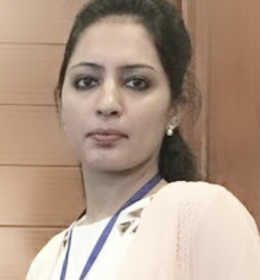
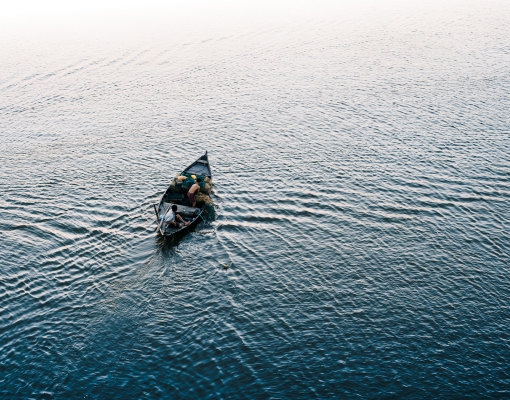
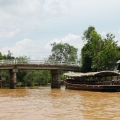
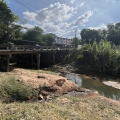
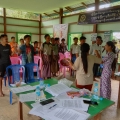
 Read more about SUMERNET
Read more about SUMERNET
